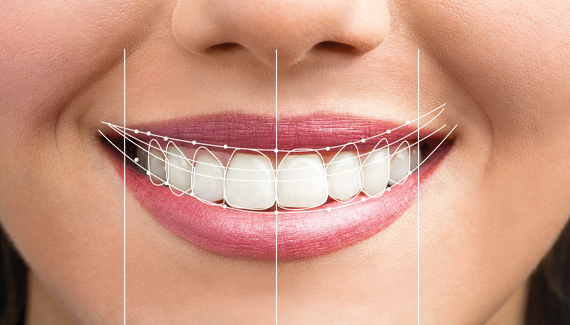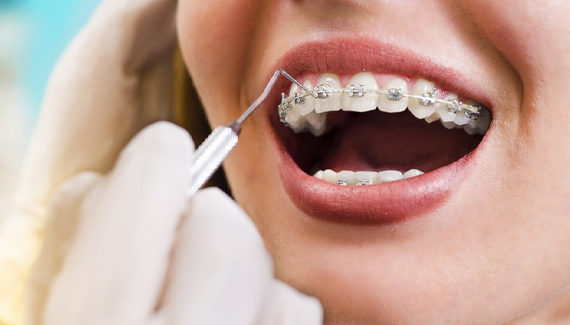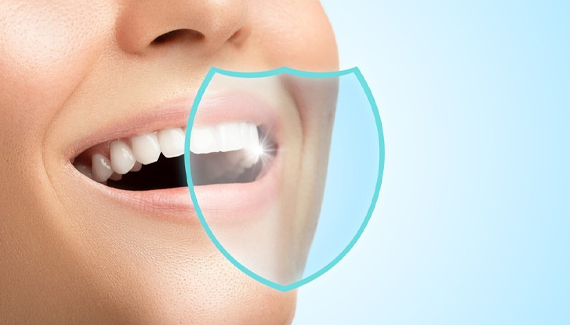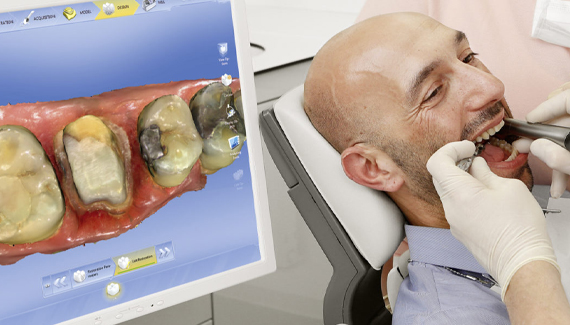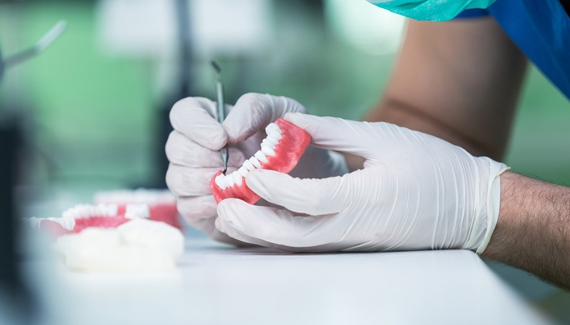
MELSADENT
Implants are artificial tooth roots made of titanium, which are placed in place of lost or congenitally missing teeth, without any harmful side effects on the body. With fixed or semi-fixed prostheses placed on these artificial tooth roots; it is aimed to increase patient comfort and meet expectations. Implant applications, which are easily performed under local anesthesia, are a robust, comfortable and reliable application. The implants are intended to function smoothly in the mouth for a lifetime. Since they have special surfaces, the implants are mechanically and cellularly attached to the bone on the way to integration into the bone. It is ideal to wait between 3-6 months for the bond to form. With the new implant surfaces produced in recent years, this period has been shortened. They are much safer, more comfortable and functional than traditional crowns, bridges and palatal prostheses.
Prostheses made on implants or implants give the closest appearance to the most natural structure while replacing real teeth. In the process of completing the missing teeth, healthy teeth are not touched. The implant, which is long-lasting compared to other fixed or mobile prostheses, brings the healthiest solution to the problems caused by tooth loss as a special application that replaces the natural tooth.
What are the Advantages of Implants?
- Elimination of all kinds of total and partial edentulism
- A chance for fixed prostheses instead of removable prostheses
- Fulfillment of missing functions (chewing, laughing, phonation, etc.)
- Elimination of a single missing tooth without touching neighboring healthy teeth
- Longevity of an implant that has been successfully applied and used in accordance with hygiene criteria
Who is Suitable for Implants? What are the Restrictions?
It can be applied to adults who have completed puberty (puberty), those with appropriate general health status, those with diabetes under control even if they have diabetes, those with jawbone structure of appropriate quality and quantity without upper age limitations. Individuals with a normal wound healing capacity, patients with the mentality to provide proper oral hygiene, patients with healthy bone structure in sufficient quantity or with the potential to reach sufficient quantity can easily receive implant treatment. Some other parameters such as the patient’s teeth clenching habit and whether he/she is a smoker should be evaluated separately by your dentist.
In which cases is an implant performed?
- In Single Tooth Deficiency
- Missing a Few Teeth
- In Total Edentulism
What is the Success of an Implant Dependent on?
- Selection of suitable cases
- Bone thickness, height and quality in the area to be implanted
- Proper oral hygiene
- Relationship of implant prostheses with opposing teeth
- Control sessions
- General health status of the patient


